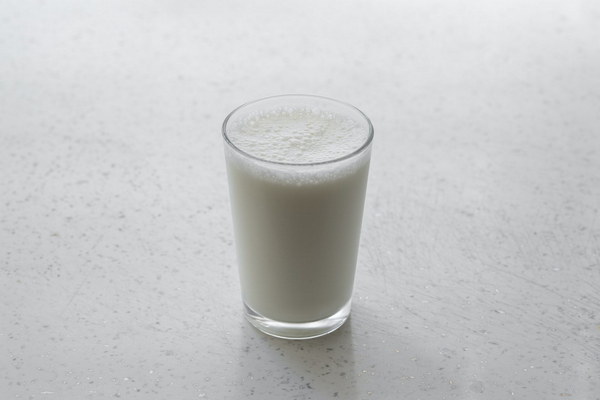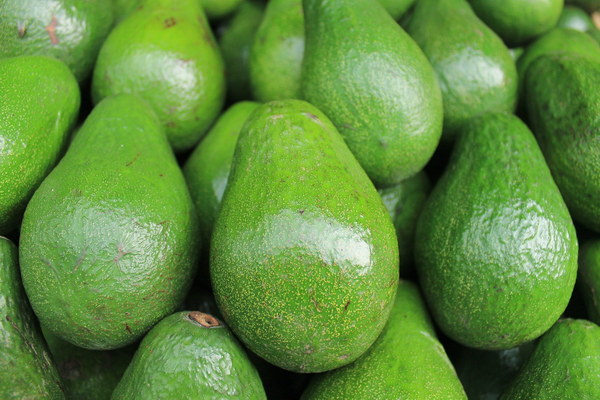Nature's Remedies Exploring Traditional Chinese Herbs for Fire and Lung Detoxification
In the realm of traditional Chinese medicine, the concept of balancing the body's Yin and Yang is fundamental. One of the most sought-after goals in this holistic approach is to achieve fire and lung detoxification. Fire, in this context, refers to internal heat, which can manifest as various symptoms such as irritability, constipation, and a dry cough. The lungs, on the other hand, are vital organs responsible for respiration and immune function. When they are overloaded with toxins, they can become susceptible to infections and respiratory issues. This article delves into the world of traditional Chinese herbs that have been used for centuries to calm the fire and cleanse the lungs.
1. Honeysuckle (Lonicera japonica)
Honeysuckle, or Lonicera japonica, is a popular herb used in traditional Chinese medicine to treat heat-related conditions. It has been shown to have antiviral, antibacterial, and anti-inflammatory properties. In the context of fire and lung detoxification, honeysuckle is believed to clear heat from the lungs and relieve symptoms such as a dry cough, sore throat, and fever.
2. Elderberry (Sambucus nigra)
Elderberry, or Sambucus nigra, is another herb that has been used for centuries to treat respiratory conditions. It is rich in antioxidants and has antiviral properties. Elderberry is believed to help reduce inflammation in the lungs, improve immune function, and alleviate symptoms like a cough, congestion, and fever.
3. Mulberry (Morus alba)
Mulberry, or Morus alba, is a versatile herb with various health benefits. It has been used in traditional Chinese medicine to treat respiratory conditions, including coughs and colds. Mulberry is believed to have a cooling effect on the body, which can help reduce internal heat and promote lung health. It also contains antioxidants and flavonoids that may enhance immune function.
4. Scutellaria baicalensis (Chinese Skullcap)
Scutellaria baicalensis, or Chinese Skullcap, is a potent herb known for its anti-inflammatory and antimicrobial properties. It is often used to treat a range of health issues, including respiratory infections. In the context of fire and lung detoxification, Chinese Skullcap is believed to help reduce inflammation in the lungs and clear heat from the body, thereby alleviating symptoms such as a dry cough, sore throat, and fever.
5. Platycodon grandiflorus (Balloon Flower)
Platycodon grandiflorus, or Balloon Flower, is another herb that has been used in traditional Chinese medicine for centuries. It is believed to have expectorant properties, which help to expel mucus from the lungs and alleviate coughs. Balloon Flower is also thought to have anti-inflammatory and antiviral properties, making it a valuable herb for fire and lung detoxification.

6. Codonopsis pilosula (Dang Shen)
Codonopsis pilosula, or Dang Shen, is a well-known herb in traditional Chinese medicine for its adaptogenic properties. It is believed to boost the immune system, improve energy levels, and promote overall well-being. Dang Shen is often used in combination with other herbs to treat respiratory conditions, as it can help support the body's natural defenses against infections and promote lung health.
In conclusion, traditional Chinese herbs have been used for centuries to promote fire and lung detoxification. These herbs, such as honeysuckle, elderberry, mulberry, Chinese Skullcap, Balloon Flower, and Dang Shen, have been shown to have various health benefits, including anti-inflammatory, antimicrobial, and immune-boosting properties. While these herbs can be a valuable addition to one's wellness routine, it is always recommended to consult with a healthcare professional before starting any new treatment regimen.









